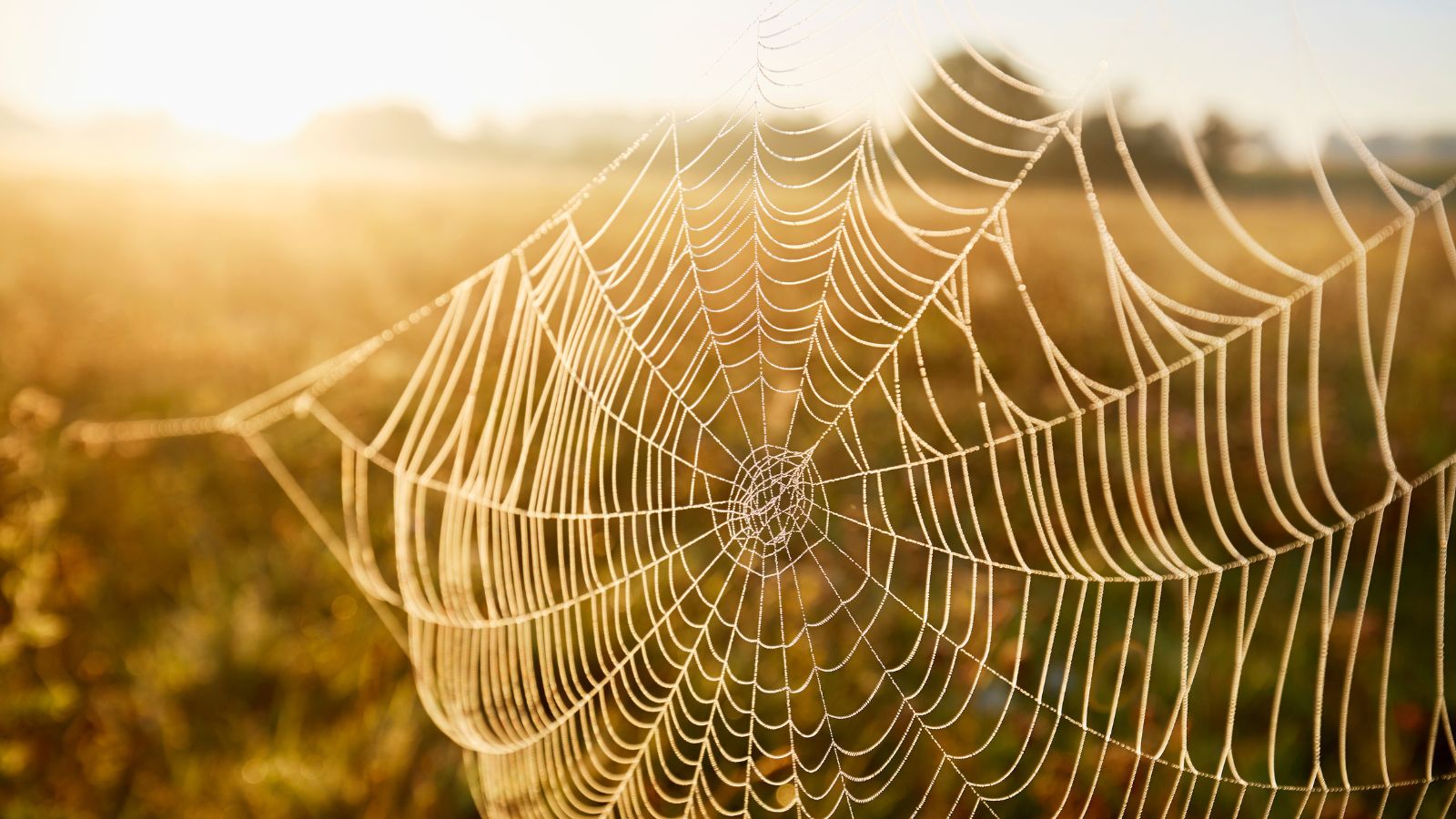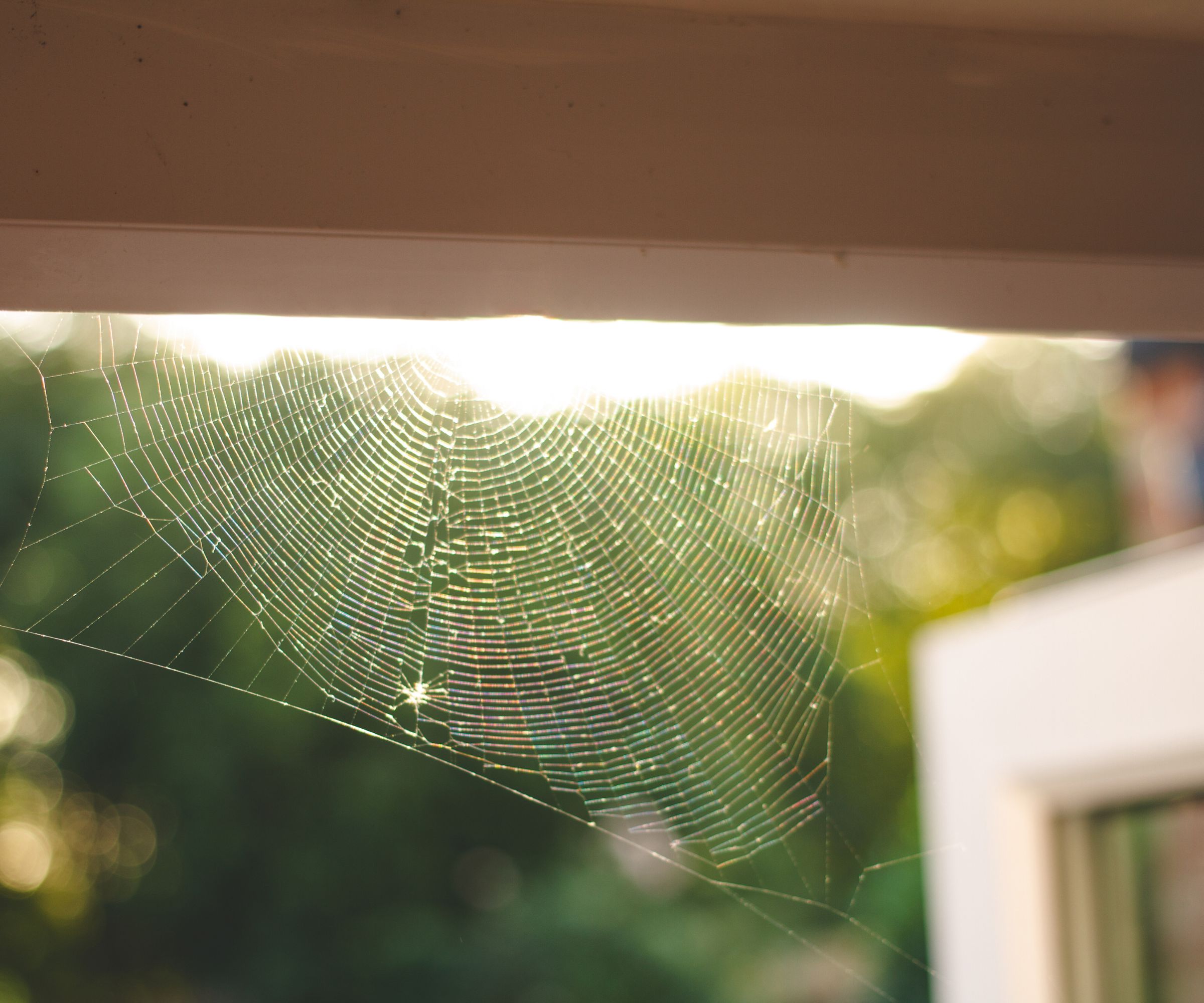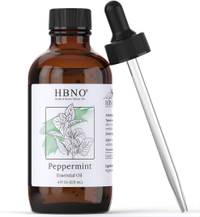'It's not effective' – the spider deterrent trick pest control pros say to avoid
Stay away from this common spider-deterring hack – here’s what to use instead


As summer fades and fall arrives, so do the spiders. If you are anything like us, you’ll be looking for some smart hacks to keep these pests at bay.
A common solution seems to be using WD-40 to keep spiders away from windows and doors and, therefore, away from our interiors. However, pest control experts have explained that this trick doesn't only not work but could be doing more harm than good.
Here’s why you should stay away from this spider deterrent method, and what you can do instead to keep spiders away naturally.
Why you shouldn't use WD-40 to get rid of spiders
A common pest control mistake is relying too heavily on hacks found on social media and not using the tried and tested methods suggested by experts. This is especially true when it comes to spiders – a common pest many of us don't think too seriously about. However, using the wrong methods, such as putting WD-40 around external window frames, will be doing more damage to our homes than good, says Caleb Fabry, pest expert and president at Town and Country Pest Solutions Inc.

Caleb Fabry has been working with his father in pest management since he was a child, and now is head of operations for the company
‘WD-40 is not an effective way to kill spiders and it will not repel or keep them away either. It is a lubricant and solvent, not a pesticide. The WD-40 may coat the spider's exoskeleton, making it difficult for the spider to move or breathe (and with enough could kill them by drowning/suffocation). However, most likely the WD-40 will eventually evaporate, and the spider will recover.
‘In addition, WD-40 is flammable and can be harmful to humans and pets if inhaled or ingested,’ Caleb continues. ‘It can also stain certain surfaces such as wood, cloth, paint, siding, and doors. WD-40 also has no residual and no repellent effect so any new spiders or hatching egg sacks will just continue to be an issue.’

The idea is that WD-40 can be used to make surfaces too slippery for spiders to climb and that the strong scent will deter them from making a home near your house – similar to how it is used to get rid of wasps. However, there is not much evidence to suggest that this is true. What’s more, it could be doing more damage to the environment than it is worth, adds Alex van der Walt, vet assistant with Animals Around the Globe:
‘While it's quite the crafty solution, there are those who might argue that introducing such chemicals into the environment, especially if you have pets, might not be the most eco-friendly or safe approach. Maybe it works wonders for a garage, but it isn't the best choice for a child's bedroom,’ says Alex.
What to use instead
There are several more effective methods to deter spiders and keep spiders out of garages and homes that are approved by pest control experts – many of which don't require the use of any strong chemicals.
Nicole Carpenter, CEO, and pest control expert at Black Pest suggests focusing your efforts on preventing spiders from entering your home in the first place by staying on top of your fall home maintenance:
‘It is far more beneficial to begin by sealing cracks and gaps with caulk or weather stripping to prevent spiders from entering your home, as these areas are common entry points – this can also help to keep other common pests out too,’ she adds.

Nicole Carpenter first began working at Black Pest Prevention when she was a junior in high school. While attending N.C. State University she continued to work for the company and has since worked through the organization to now becoming its CEO. Black Pest Prevention is a Charlotte pest control company that serves North and South Carolina.
From there, it is more about maintaining a clean home and using the occasional homemade bug spray to help keep these crawling creeps at bay, Nicole continues.
Start with some smart cleaning tips to catch the forgotten dirt spots in your home to prevent spiders from making houses where you can't see them, and get rid of dust with regular deep cleans and even an air purifier, she suggests.
‘You can make a deterrent spray with water and a few drops of essential oil,’ Nicole suggests.
Try mixing one cup of water with 10-15 drops of essential oil (such as citrus, peppermint, lavender, or eucalyptus) in a spray bottle. Optionally, add 1/4 cup of white vinegar for added potency, though be aware that it might cause your home to smell a bit unpleasant. Shake the mixture well and then spray it around your home, with a focus on windows and doors. Reapply every few days or as needed to keep the bugs at bay.’
Peppermint Essential Oil | $9.99 at Amazon
This peppermint essential oil is perfect for deterring all sorts of pests around your home.
FAQs
What is the number-one spider repellent?
Essential oils are the best spider repellent you can use, so long as you use scents such as peppermint or eucalyptus. These strong scents are unpleasant to spiders' senses, discouraging them from setting up a home either inside your house or around your external doors, windows, and sheds with regular reapplication.
What smells attract spiders?
Spiders are commonly attracted to musty smells caused by dampness or even sweat, according to studies. As a result, it is a good idea to keep your home clean and well-ventilated using a dehumidifier or open windows to help deter pests from entering your home.
As a lubricant, WD-40 is far better suited to its traditional uses, such as fixing creaky floors and sticking hinges, or removing paint from glass and brick. When it comes to pest control, stick to the methods experts know work, or even call an expert if you find that the problem is getting out of hand.
Sign up to the Homes & Gardens newsletter
Design expertise in your inbox – from inspiring decorating ideas and beautiful celebrity homes to practical gardening advice and shopping round-ups.

Chiana has been at Homes & Gardens for two years and is our resident 'queen' of non-toxic living. She spends most of her time producing content for the Solved section of the website, helping readers get the most out of their homes through clever decluttering, cleaning, and tidying tips. She was named one of Fixr's top home improvement journalists in 2024.
-
 Pot plants that thrive on neglect – 5 easy-going picks for super busy gardeners
Pot plants that thrive on neglect – 5 easy-going picks for super busy gardenersFrom spiky succulents to pollinator-friendly blooms, these expert recommendations need barely any attention to flourish
By Holly Crossley
-
 The 5 most welcoming front door colors for spring – these happy colors promise to invite joy into your home, according to experts
The 5 most welcoming front door colors for spring – these happy colors promise to invite joy into your home, according to expertsMaking a front door look welcoming using clever color choices is a design goal everyone wants to achieve. We spoke to a few of our favorite interiors people to find out their paint color secrets
By Jennifer Ebert
